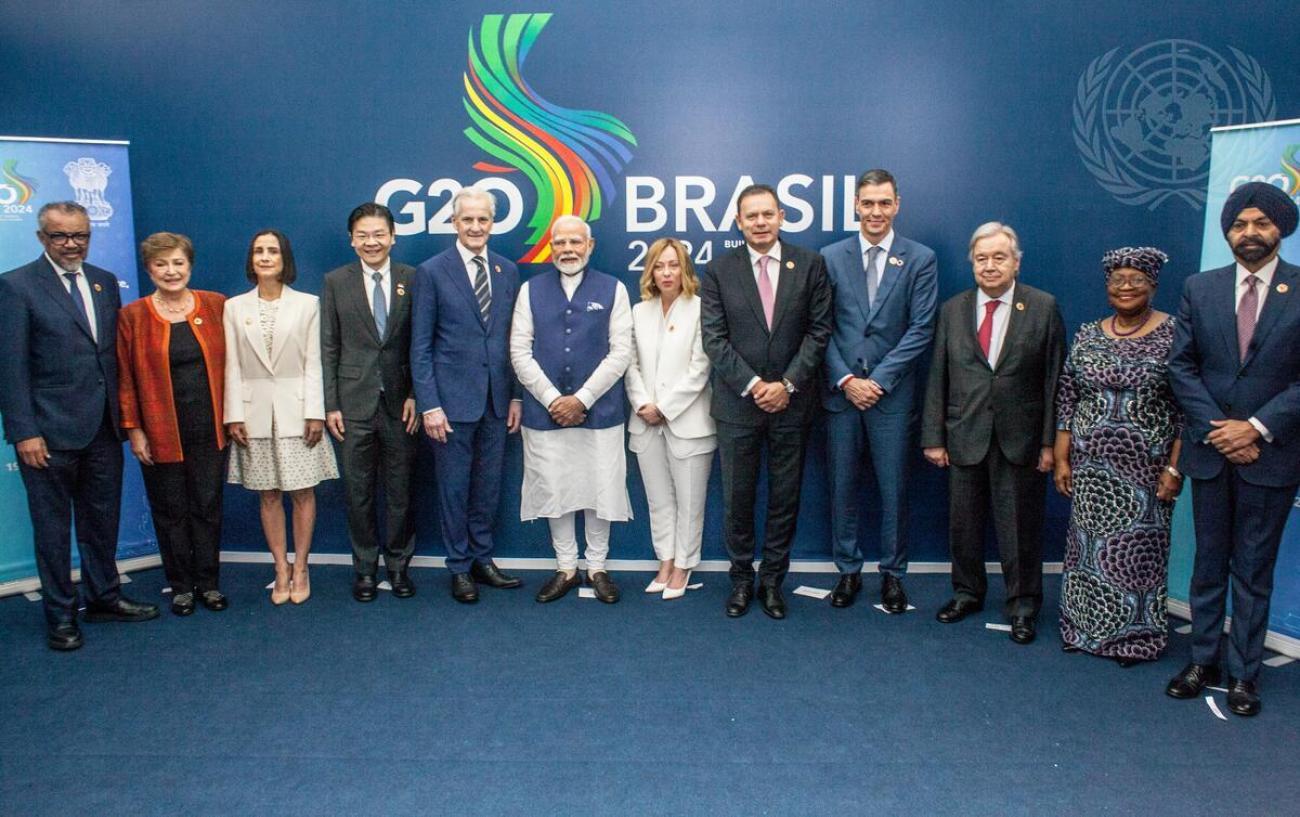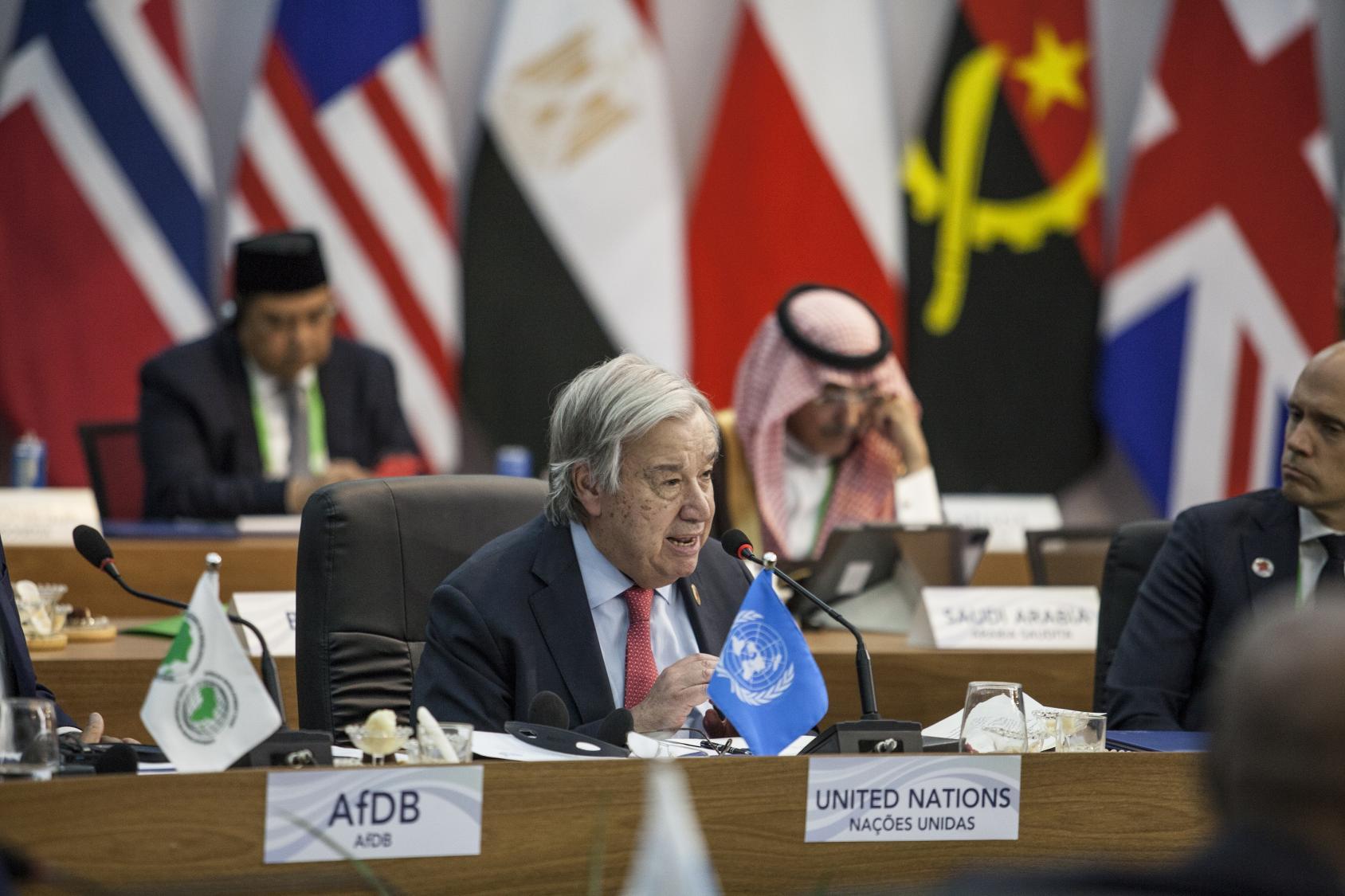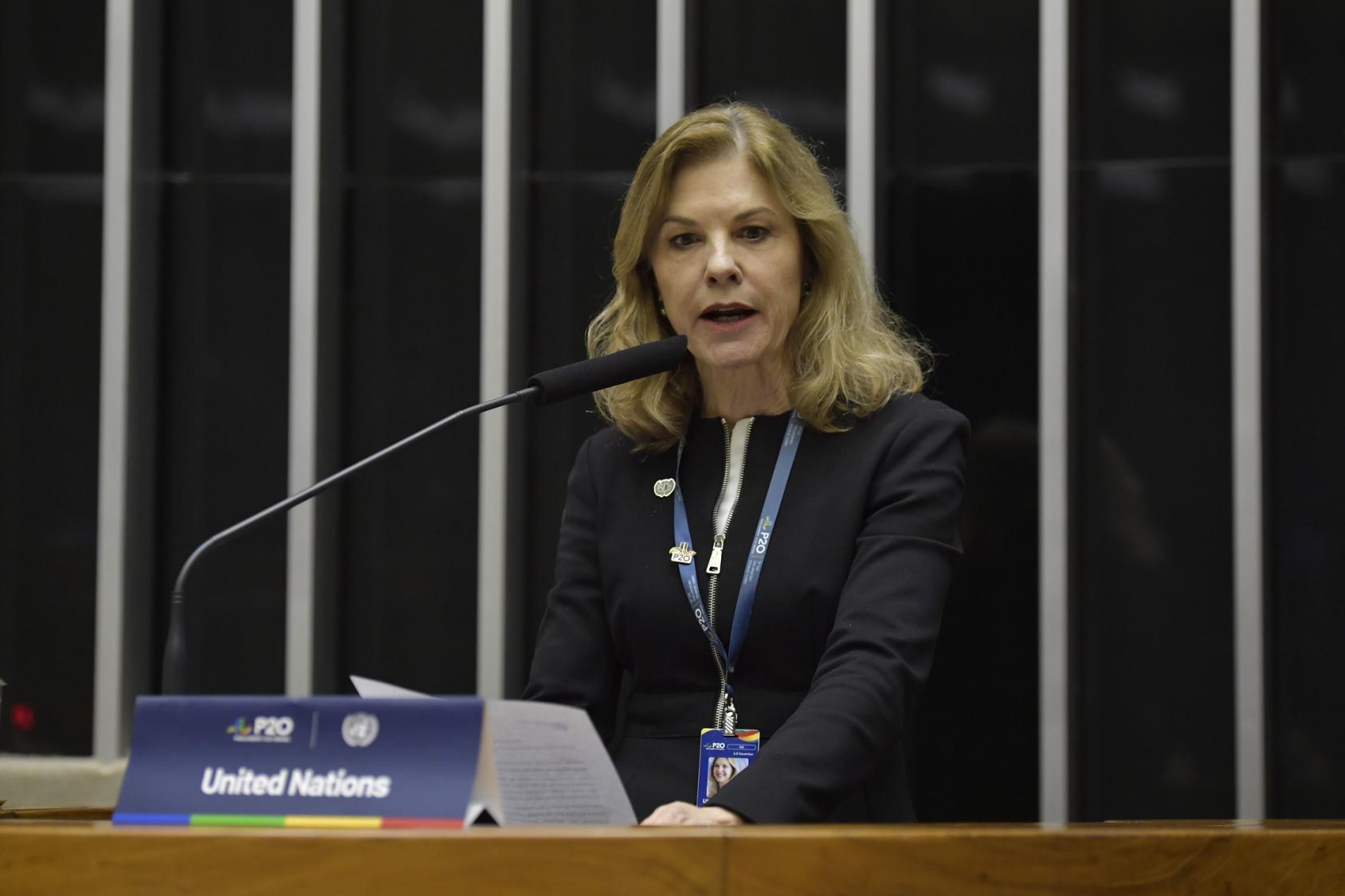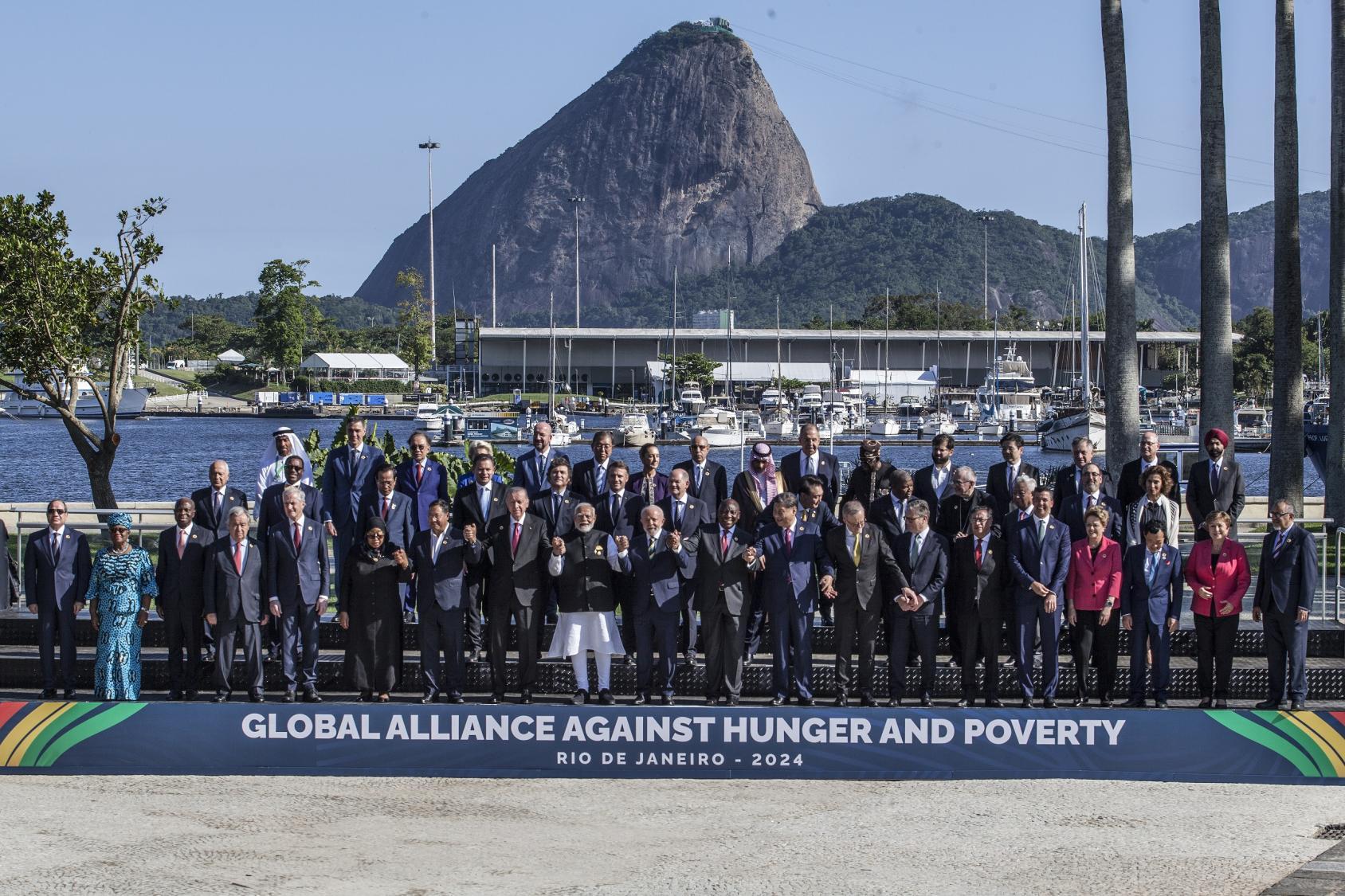Ambitious commitments mark the end of Brazil's G20 Presidency

Brazil has concluded its G20 presidency, capping a year marked by intense negotiations during more than 140 meetings and dozens of working groups across 15 Brazilian cities.
The three priorities for the country during its first G20 presidency included: social inclusion and the fight against hunger and poverty; sustainable development, energy transitions, and climate action; and the reform of global governance institutions. Earlier this month, G20 leaders adopted a declaration in Rio De Janeiro, consolidating support for solutions such as progressive taxation for ultra-high-net-worth individuals, recognition of the bioeconomy’s potential for economic growth, and strengthening the United Nations General Assembly, among others.
Brazil also brought issues such as hunger eradication, ethnic-racial equality, women's empowerment, renewable energy, and sustainability to the forefront of economic discussions.
UN Secretary-General António Guterres, speaking at the G20 Summit in November, was clear. “I have come to Rio with a simple message: G20 leaders must lead. G20 countries – by definition – have tremendous economic clout. They wield massive diplomatic leverage. They must use it to tackle key global problems,” he said.

To advance these issues among the world’s major economic powers, the Government of Brazil relied on the UN System's support throughout the process. The UN Resident Coordinator’s Office, along with specialized agencies, funds, and programs, contributed at both global and national levels in a coordinated manner.
“The priority themes promoted by Brazil’s G20 presidency were clearly aligned with the UN’s main concerns, as outlined in the 2030 Agenda and its 17 Sustainable Development Goals, as well as the recently approved Pact for the Future,” explained Silvia Rucks, UN Resident Coordinator in Brazil. “As a result, the UN was able to provide substantive contributions to the debates, both during the preparatory phase and the many meetings held throughout the year.”

Stronger and more inclusive participation
One of the major highlights of the G20 was the launch of the Global Alliance Against Hunger and Poverty, with 148 endorsements, including 82 countries, the African Union, the European Union, and nine international financial institutions. The Alliance aims to achieve Sustainable Development Goals 1 (ending poverty) and 2 (zero hunger), with 14 UN System entities among its founding members, bringing their extensive expertise in combating hunger and poverty to the initiative. This initiative will ensure adequate finance flows from multilateral financial institutions to poor or lower-middle-income nations to help implement national structured programmes and public policies that have already been successfully tested — such as school feeding programs, family farming and microcredit.
A hallmark of Brazil’s G20 presidency was the expanded engagement of various state and non-governmental institutions in the discussions, actively influencing the outcomes. Notable examples include the U20, which addressed urban themes with municipal governments; the P20, which brought national parliaments into the negotiations; and the Social G20, which gave civil society a voice. The UN laid the groundwork for this engagement with various communities and groups to ensure their interventions are impactful, particularly with the Brazilian Youth Delegation to the Y20.

Tackling climate mis- and dis-information
At the G20 Leaders’ Summit, the Brazilian government and the United Nations also launched a joint initiative to combat climate mis and disinformation. The Global Initiative for Information Integrity on Climate Change was introduced as a dedicated multilateral collaboration between states and international organizations, aimed at funding research and actions to promote the integrity of climate-related information requiring urgent action.
Led by Brazil, the UN Department of Global Communication, and UNESCO, this initiative will expand the scope and breadth of research into climate disinformation and its impacts and gather evidence from around the world to inform and bolster strategic action, advocacy and communications.
With the conclusion of its G20 presidency, Brazil is preparing to lead two other strategic international forums in 2025: the BRICS Summit of which Brazil will assume the presidency in 2025 and the next UN Climate Conference (COP30) which will be hosted in Belém, Brazil in November 2025. The discussions and agreements endorsed in the Leaders’ Declaration will serve as a foundation for future progress, and the UN System stands ready to work closely with various governments and partners to ensure that it is backed by strong and decisive action for a better future.
For more information about the UN's work in Brazil, please visit brazil.un.org.













